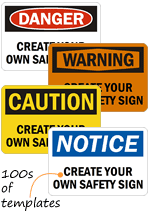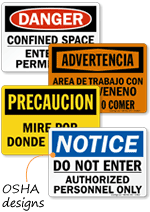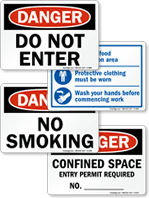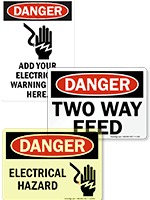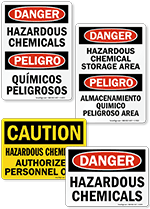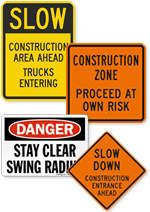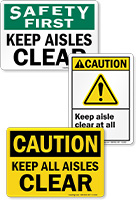Bangladesh garment factories face shut down after Accord’s report
Top brands often farm out work to local factories in poorer nations to take advantage of low wages but it is hard for these sweatshops to maintain adequate safety measure for their workers.
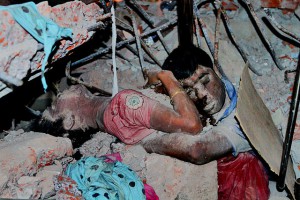
Collapse of the Rana Plaza Building on April 24, 2013 exposed the extremely perilous working conditions at Bangladesh clothing factories [Image by rijans]
The committee ‘Bangladesh Accord on Fire and Building Safety’ was formed in 2013 after the collapse of an eight-story Rana Plaza building in Dhaka, Bangladesh killing more than 1,100 workers and injuring 2,500. More than 180 companies from 19 countries have so far joined the Accord.
The Accord has recommended temporary evacuation at 17 factories with a high risk of collapse, while remedial measures at around 110 factories could be carried out without closure. Brad Loewen, the Accord’s chief safety inspector, said in a statement that each factory was inspected three times to check fire, electrical and structural issues.
The Accord team is now working closely with factory owners, brands, and labor colleagues to ensure the findings are worked on. “The next phase of the Accord will focus on the implementation and monitoring of the corrective action plans and rolling out the training and worker participation program – including establishing credible labor-management occupational safety and health committees at the factory level,” says Alan Roberts, Executive Director International Operations.
Apart from the 400 Corrective Action Plans (CAPs), the Accord has proposed installing fire doors and automated fire alarm systems, establishing fire protected exits from factory buildings, and strengthening of columns in the buildings.
Twenty-six top American companies including Walmart, Hudson’s Bay Company, and Gap have also set up a body called Alliance for Bangladesh Worker Safety, which has inspected more than 580 factories. The alliance’s report found ten factories in Bangladesh to be closed down completely or temporarily for repairs. The alliance would also pay 50 percent of wages to the workers for four months during the closure.
Bangladesh is the world’s second-largest exporter of ready-made apparel after China. Many of the brands rely on factories in Bangladesh where wages are low but conditions are unsafe. Country’s $22 billion garment industry is witnessing slacking exports as buyers turn to India, Myanmar, Vietnam and Cambodia in the fears of workshop safety, higher wages and political instability in Bangladesh.
Category: Construction


